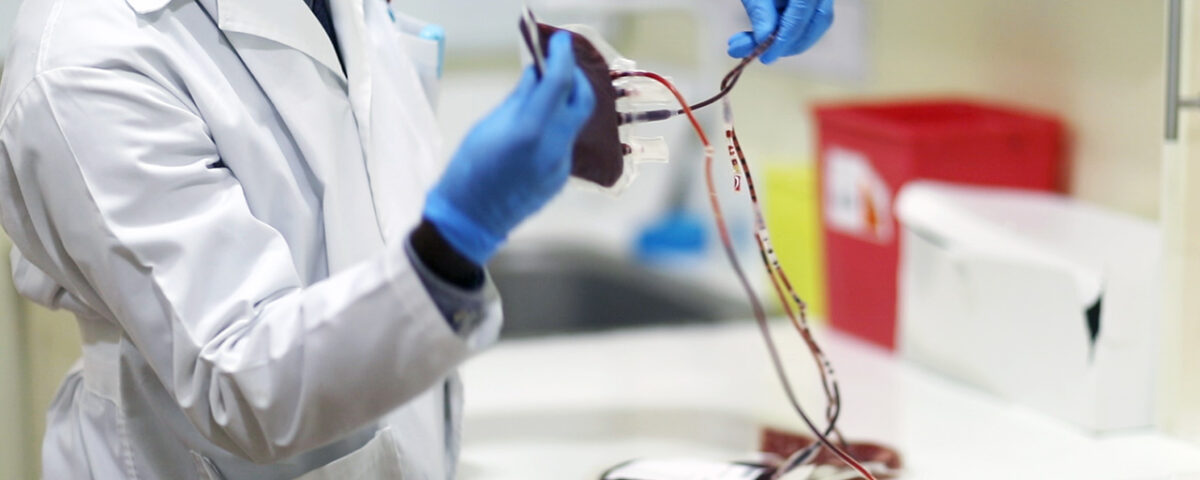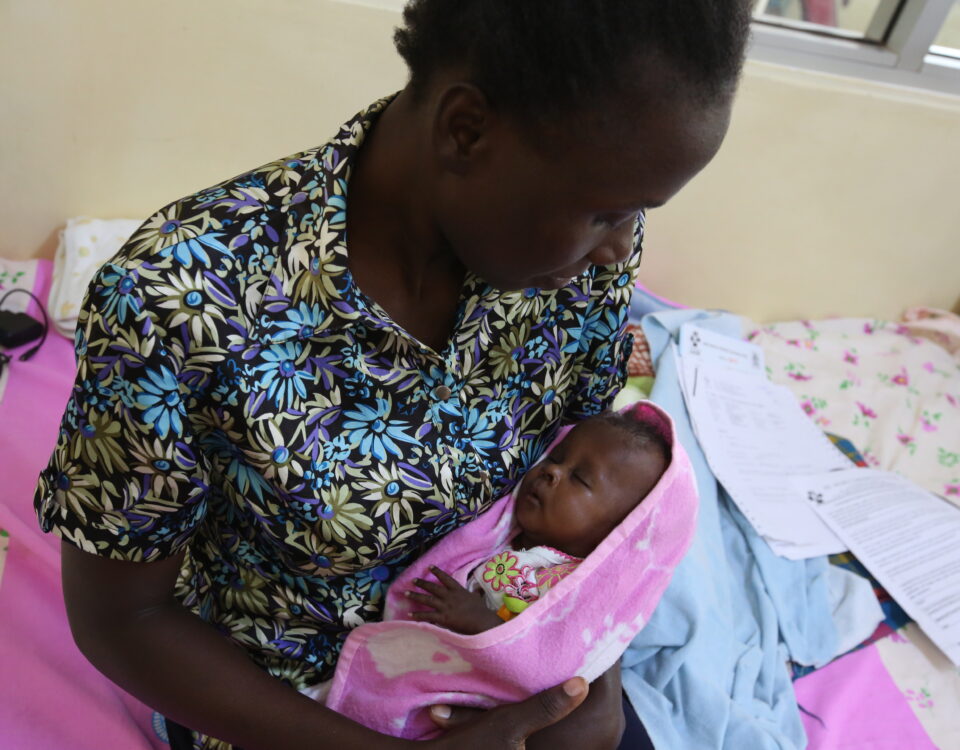“Francis [not real name] was sick, he had high fever and didn’t eat, so I ran to look for George, the only person in our village with a motorcycle, but I didn’t find him,” lamented Phionah, Francis’ mother, a 32-year-old resident of Patiko, a village over ten kilometers from Lacor.
It was in 2020 when the government had imposed total lockdown in the country in a bid to curb the spread of the coronavirus disease when Phionah was rudely woken up from her sleep. Little Francis was vomiting, had diarrhoea and high fever. His mother wrapped him in wet clothes, trying to lower his temperature, but it didn’t work. She was desperate.
She thinks her son is suffering from malaria. The mosquito net on Francis’ bed was completely torn. She should have bought another one, but it was impossible to reach Gulu main market due to the Covid restrictions.
Phionah tried to look for a boda-boda, but found no one to help her. They were all afraid of being arrested by the military who ensured compliance with the restrictions. So she walked and covered 14 the kilometers that separated her village from Lacor. Francis tied on her back.
Francis’ conditions worsened: the boy was shaken by chills and delirious with fever. He also had anemia, which accompanied the malaria. Francis urgently needed a blood transfusion, but when he arrived at Lacor, there were no blood for his group category in the hospital.
Lacor Health Training Institute, that usually come to the rescue is closed due to the pandemic and shortage of blood donors is biting the hospital. A compatible blood bag is the only chance Francis has to survive.
The search for a blood donor continued all night, until William Abola, the father of another hospitalised child offered his blood. It was compatible! Abola’s gift gave Francis a new life.
“Last rainy season someone did the same to save my son,” said Abola. “It is the right thing to do.”
Francis’ story is one of the many similar incidents the hospital experiences almost on a daily basis. St. Mary’s Hospital Lacor is one of the largest non-profit referral hospital in the whole of sub-Saharan Africa based in Gulu and serving more than 250,000 patients a year.
Here, blood is in high demand. “We are facing a very serious shortage. The supply we get from the regional blood bank is not even a quarter of what we consume within the hospital,” says Richard Ojara, a Laboratory Technician at the hospital.
According to Richard, the hospital requires at least forty units of blood a day to be able to meet the demands and more than 70% of those goes to the children’s ward. At least three out of ten patients admitted in the hospital are children. Most of them suffer from severe malaria, one of the top killer diseases in the country, sickle cell anemia as well as anemia with unknown causes.
“As of today, we have admitted 143 children and we have transfused 136 in a period of seven days,” says Ayot Grace Flona, the In-charge Children’s Ward. “On a daily basis we can transfuse at least 24 but the number is low because there’s no blood and the lab doesn’t respond in time. We require more than 30 units in a day,” Grace adds.
Because of such an overwhelming situation, the hospital has had to turn to patient caretakers to source for blood. Richard Ojara, says, “we request the attendants to get donors so that we can generate some units from within, which in most cases is used immediately since the regional blood bank cannot supply enough.”
For a health worker like Flona, the most painful thing is to watch your patient die and there’s nothing you can do about it because there’s no blood in stock for them. “Sometimes the lab is over stretched and you end up losing your patient,” she says.
The other unit that consumes a lot of blood in the hospital is the maternity. As with the children’s ward the biggest challenge is blood supply. Lacor delivers between 400-500 babies in a month, more than any other health facility in the region with more than 140 of those done through C-section. Here, expectant mothers and their attendants are prepared in advance, especially those going for C-Section so that there’s blood when the time of need arrives.
The challenge with bleeding patients from within the hospital is that there’s no internal tracking mechanism to know who has just recently donated and who hasn’t. So a possibility does exist of caretakers withholding this kind of information in a desperate attempt to save their patients.
This year’s World Blood Donor Day is being commemorated under the theme: Give blood, give plasma, share life, share often. Every single donation is a precious lifesaving gift and repeat donation is the key to building a safe and sustainable blood supply.


